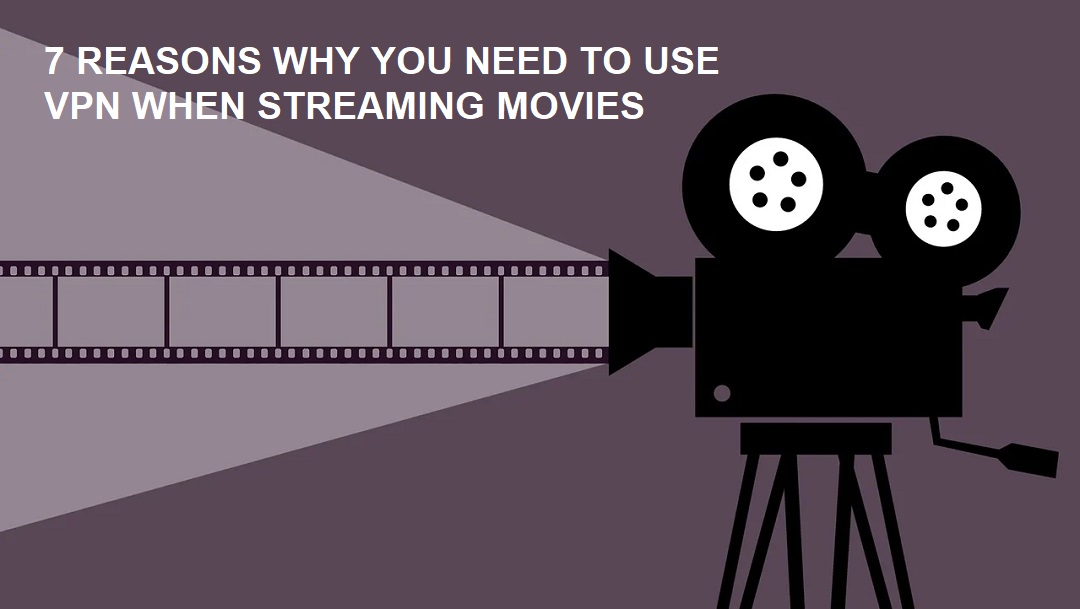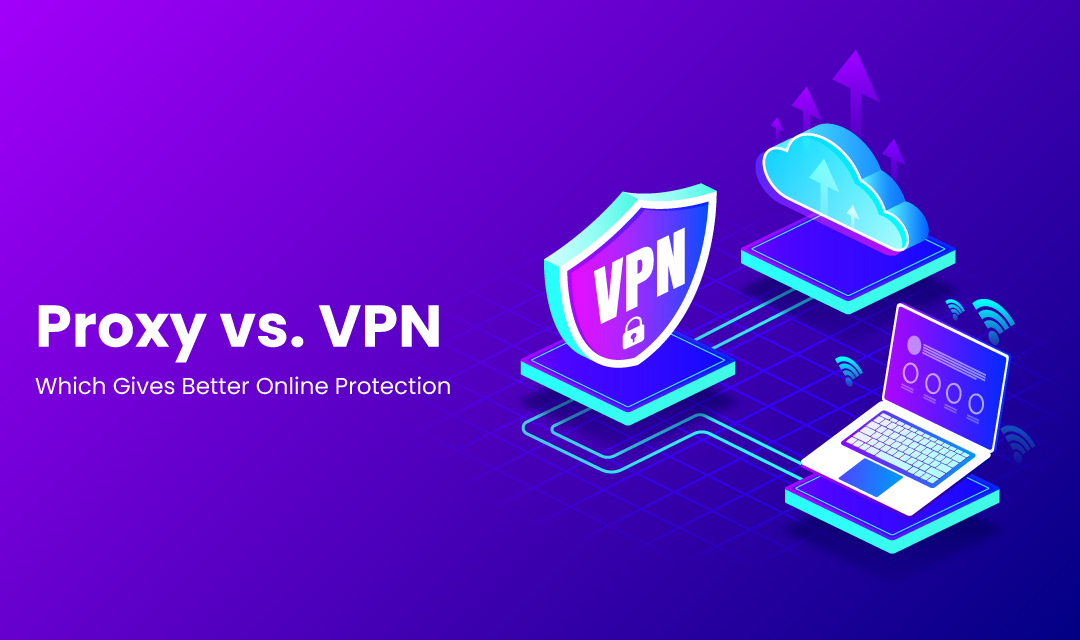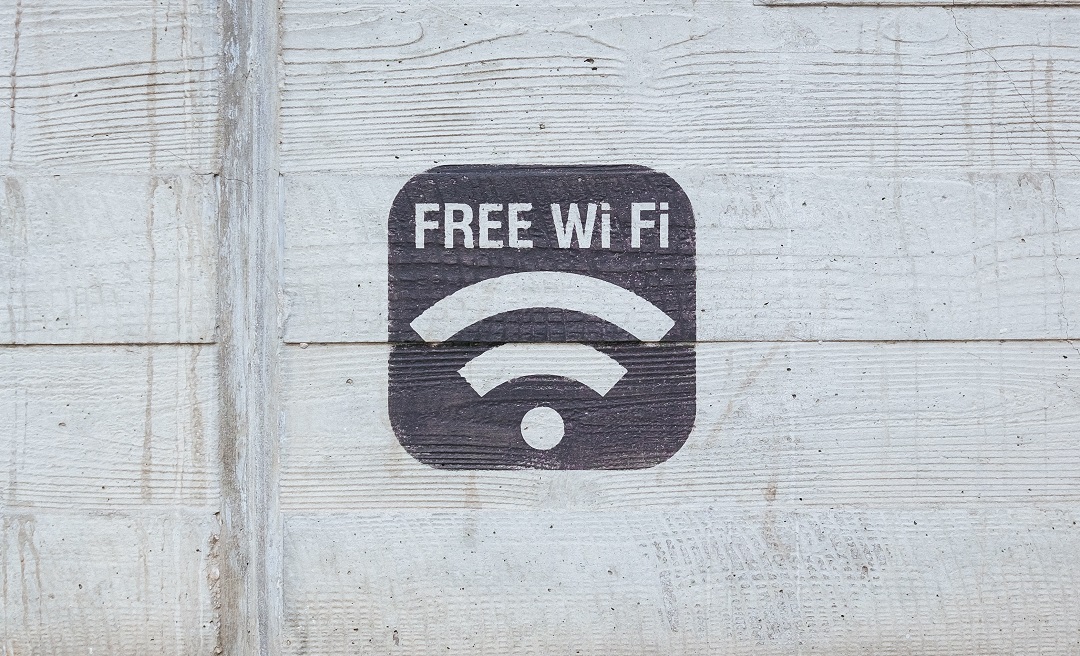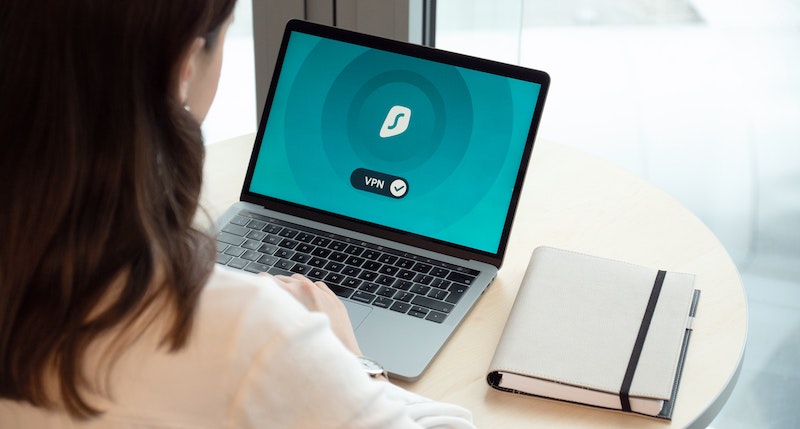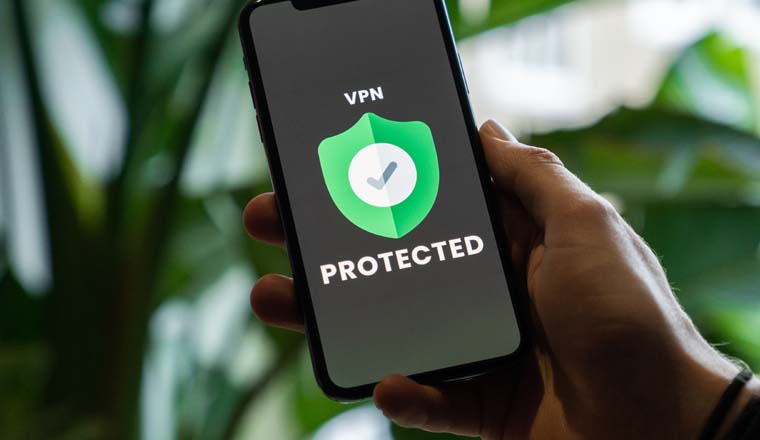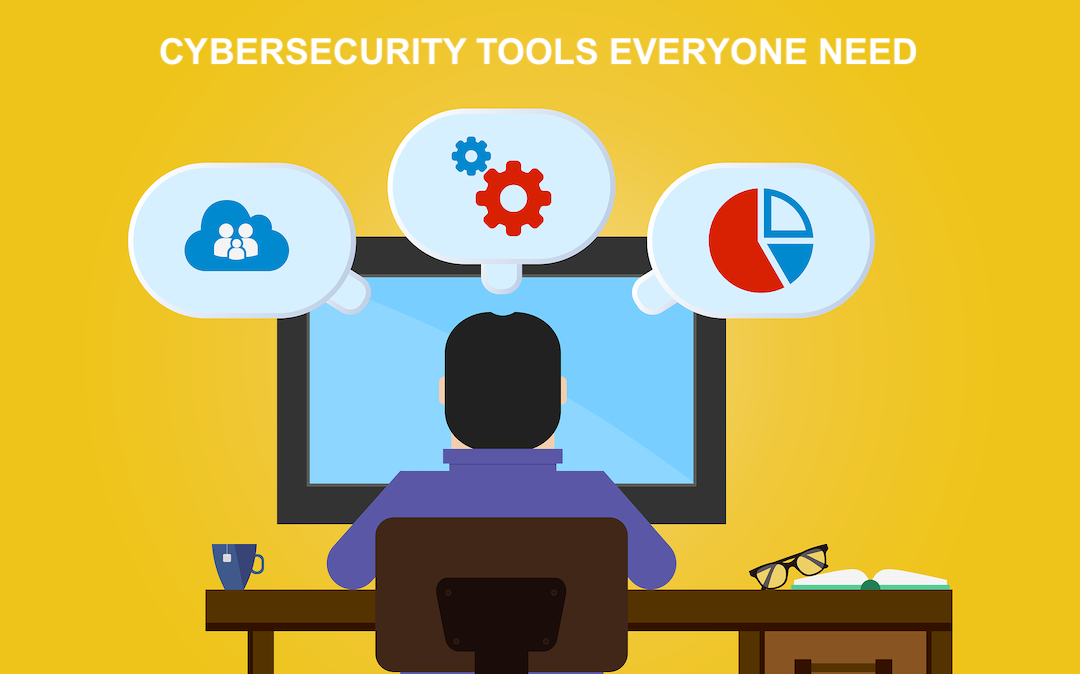
Sending money online used to be scary. Most people didn’t have credit cards and those who did fear that someone would steal their hard-earned cash. That might seem like it happened in the distant past, but it’s quite recent.
Companies like Amazon struggled with it. Jeff Bezos mentioned how people from Bulgaria sent money for their orders by sticking cash in floppy discs (the physical version of the save button).


